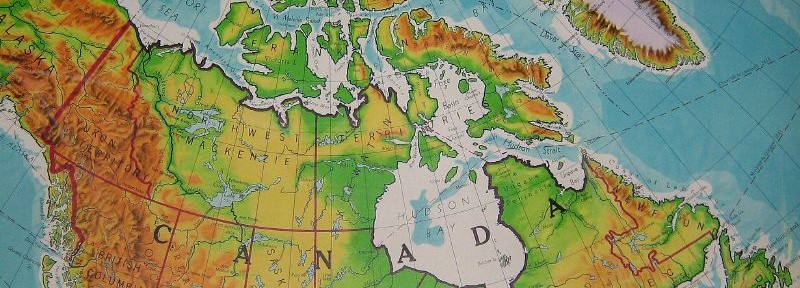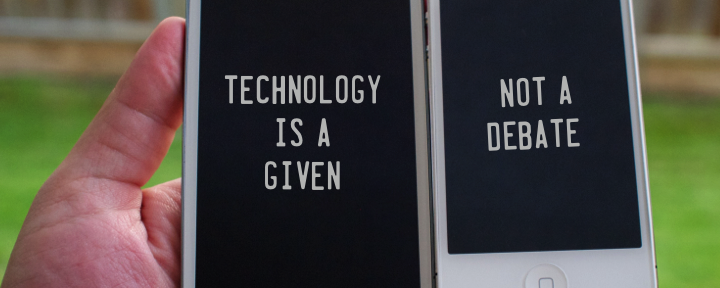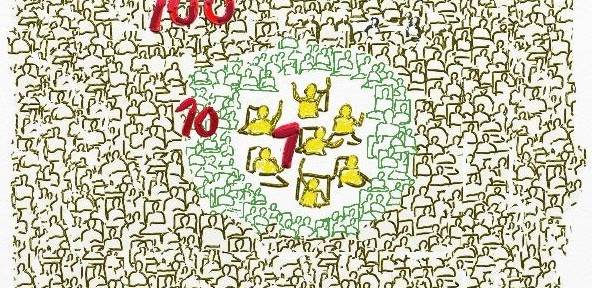If governments wish to maximize citizen contributions on issues as varied as fixing maps, reporting potholes and commenting on social housing, they likely need easy-to-use tools for citizens to do so. One answer could be on mobile phones. Tool-building is more than a technical issue. Mobile devices have an increasingly central role in our daily activities; they become intermediaries for our interactions with each other, the environment, businesses, and institutions. Recent advances in mobile device and computerized mapping (geographic information system, or GIS) technology have presented us with the potential to develop applications that mediates citizen interactions with government, using geographic base maps as a conduit. This project asks how mobile device technology can allow citizens to contribute to the updating and editing of official maps of their home city. This asserted information would then be incorporated into an authoritative map product. We move beyond the simple citizen-as-sensor or crowdsourcing paradigm to explore how governments not only accept volunteered citizen content (volunteered geographic information, or VGI) delivered through a mobile device, but how citizens become partners with government. This two-way relationship can be formalized through the development of a specific workflow where government workers verify citizen map edits and provide feedback to citizens. In this way, VGI may be integrated into formal governance and decision-making channels.
We anticipate that mobile applications will be the next generation platform for Open 311 and open government. Many issues will arise about their utility and around authentication of data. We want your ideas about and participation in this research! Contact Peter Johnson, pa2johns@uwaterloo.ca, or Rob Feick, robert.feick@uwaterloo.ca.



